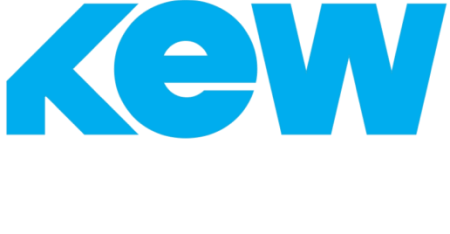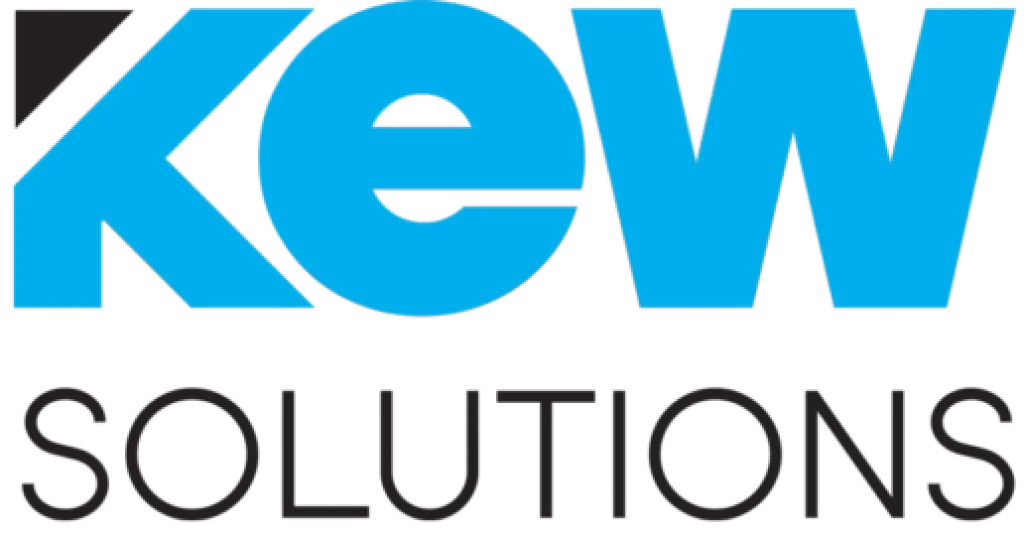Choosing the right IT consulting firm is crucial for operational efficiency and achieving business goals. An ideal consulting partner brings technical expertise, innovative solutions, and a deep understanding of industry best practices. In this guide, we aim to help you navigate the selection process to find the perfect fit for your business needs.
Identifying Your Business Needs First
Before you start researching potential IT consulting firms, it’s important to clearly identify your business needs. Determine the specific areas where you need assistance—whether it’s enhancing your cybersecurity measures, upgrading your IT infrastructure, or developing a new software solution. Understanding your specific needs will help you find a firm that specialises in the areas most critical to your business.
Researching Potential IT Consulting Firms
Once you’ve identified your needs, begin researching potential IT consulting firms. Look for firms that have a proven track record in your industry and can provide the specific services you require. Here are some things to consider:
Checking Credentials and Certifications
Verify the credentials and certifications of the consulting firms you are considering. Reputable firms will have certifications from recognised industry bodies, such as Microsoft, Cisco, or AWS. These certifications indicate that the firm’s consultants have the necessary skills and knowledge to handle your IT needs.
Evaluating Experience and Expertise
Assess the experience and expertise of each firm. Look for firms that have a history of successfully completing projects similar to yours. Evaluate the technical expertise of their consultants to ensure they can deliver the solutions you need. An experienced firm will be able to offer innovative solutions tailored to your business.
Reading Client Reviews and Testimonials
Client reviews and testimonials provide valuable insights into a firm’s performance and reliability. Look for reviews that highlight the firm’s strengths and any potential weaknesses. Pay special attention to client testimonials that mention specific needs being met and positive outcomes. This will help you make an informed decision about which firm to choose.
Assessing Services Offered
Different IT consulting firms offer various services, so it’s essential to assess what each firm provides. Ensure that the services align with your business needs and that the firm can support your long-term goals.
Evaluating Company Culture and Communication
The cultural fit between your company and the consulting firm is critical for a successful partnership. Effective communication and a shared work ethic can significantly impact the outcome of your projects.
Understanding the Firm’s Work Ethic
Examine the work ethic of the consulting firm. Do they prioritise customer satisfaction and strive for excellence? A firm with a strong work ethic will go the extra mile to ensure your projects are completed successfully and on time.
Communication Style and Availability
Assess the communication style and availability of the firm’s consultants. Effective communication is key to a successful partnership. Ensure that the firm’s communication style aligns with yours and that they are available when you need them.
Flexibility and Adaptability
Choose a firm that is flexible and adaptable. Your business needs may change over time, and the consulting firm should be able to adjust its services accordingly. This flexibility ensures that they can continue to meet your needs as your business evolves.
Comparing Pricing Models
IT consulting firms offer various pricing models, and understanding these can help you choose the best option for your budget and needs.
Fixed-Price Contracts
Fixed-price contracts provide a clear understanding of the costs involved from the beginning. This model is ideal for well-defined projects with a specific scope. Ensure that the firm outlines all the deliverables and timelines to avoid any surprises.
Hourly Rates
Hourly rates are suitable for projects with an uncertain scope or those that require ongoing support. This model offers flexibility but can lead to higher costs if the project takes longer than anticipated.
Retainer Agreements
Retainer agreements involve paying a set fee for a certain number of hours or services each month. This model provides a predictable cost structure and ensures that the firm is always available to address your IT needs.
Requesting Proposals and Conducting Interviews
Request detailed proposals from the firms you are considering. These proposals should outline their approach, timeline, and pricing. Conduct interviews to get a better understanding of how each firm operates and their suitability for your needs.
Key Questions to Ask During Interviews
During the interviews, ask key questions to gauge the firm’s capabilities and cultural fit. Some important questions include:
- How do you handle project management and communication?
- Can you provide case studies or references from similar projects?
- How do you ensure compliance with industry standards and regulations?
Comparing Proposals and Making a Decision
Compare the proposals and interview insights to make an informed decision. Look for a firm that not only meets your technical requirements but also aligns with your company’s values and work ethic.
Checking References and Past Projects
Before finalising your decision, check the firm’s references and past projects. This step provides an additional layer of assurance that the firm can deliver on its promises.
Final Steps and Agreement
Once you’ve chosen a firm, the next step is to negotiate the contract and finalise the agreement.
Negotiating the Contract
Negotiate the contract terms to ensure that they are favourable for your business. Pay attention to the scope of work, deliverables, timelines, and payment terms.
Terms and Conditions
Ensure that the contract includes clear terms and conditions. This should cover confidentiality, intellectual property rights, and any other legal considerations.
Setting Milestones and Deliverables
Set clear milestones and deliverables to track the progress of the project. This ensures that both parties are aligned on the project’s goals and timelines.
Conclusion
Choosing the right IT consulting firm is a critical decision that can significantly impact your business’s success. By following this guide, you can make an informed decision that ensures you find a firm that meets your needs and supports your business goals. At Kew Solutions, we pride ourselves on delivering top-notch IT consulting services that drive business growth and operational efficiency. Contact us, book a call or head over to our IT Consulting page to learn how we can help your business achieve its IT goals.









